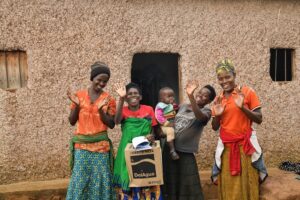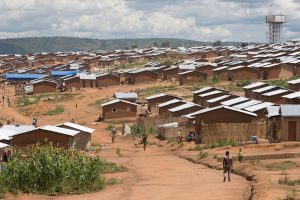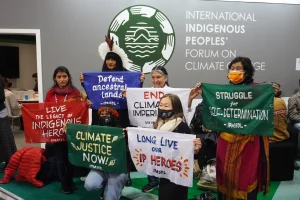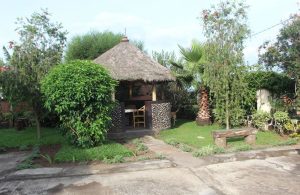World Green Building Council Announces Global Policy Shifts in Building Sector Ahead of COP30
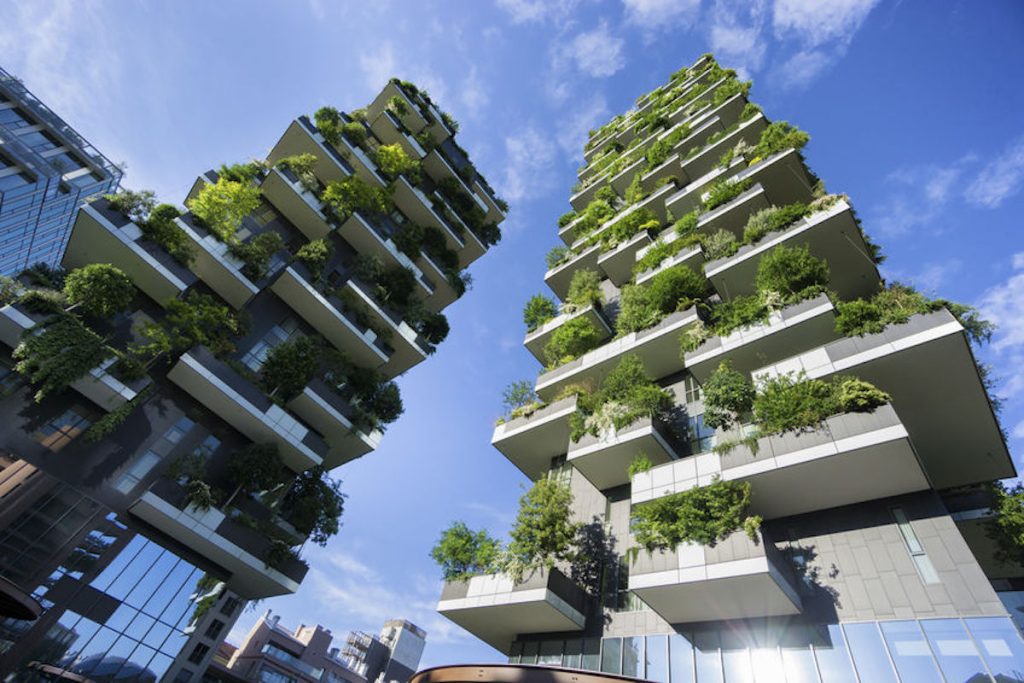
MILAN, ITALY - MAY 15, 2016: Bosco Verticale (Vertical Forest) low view. Designed by Stefano Boeri, sustainable architecture in Porta Nuova district, in Milan
London, UK – The World Green Building Council (WorldGBC) announced significant global progress in aligning national climate commitments with the critical buildings sector, revealing that over 40 countries worldwide have utilized its NDC Scorecard for Sustainable Buildings to evaluate their climate action plans. The announcement, made Thursday, 23 October 2025, highlights tangible policy outcomes achieved globally, signaling that the built environment is moving firmly into the “era of implementation”.
Since its launch in June 2025, the NDC Scorecard project has successfully sparked a global wave of collaboration, delivering more than 50 national workshops and engaging over 1,100 stakeholders from government, industry, and finance sectors. These collaborative efforts have generated 150 policy recommendations directed to 19 governments.
These inputs have already led to the creation of 16 National Action Plans, contributing to new policy integrations in multiple countries that will advance sustainable building solutions and benefit millions of citizens.
Scorecard Drives Specific National Policy Wins
The NDC Scorecard, developed by World Green Building Council and its global network of 85+ Green Building Councils (GBCs), is designed to help governments assess and strengthen the buildings component of their Nationally Determined Contributions (NDCs) under the Paris Agreement. The built environment is recognized as a powerful lever for climate action, accounting for nearly one third of global energy-related carbon emissions.
Tangible policy outcomes drawing on the Scorecard’s findings include:
- Brazil developed two new national policies.
- Chile’s NDC 3.0 incorporated integrations within updated NDCs utilizing five regulatory instruments, aligning with national recommendations.
- Morocco incorporated four specific actions into its NDC.
- Nigeria integrated six new building policies directly into its NDC, covering the integration of energy efficiency and climate resilience into the national building code, mandatory hazard mapping and risk zoning in local planning, and the implementation of two smart, green, and climate-resilient cities per geographical zone.
Danjuma Waniko, President of the Green Building Council Nigeria, emphasized that integrating buildings properly into NDCs is not just about cutting carbon, but about “making a long-term investment that puts people, the economy, and the environment at the centre of national priorities”.
Global Roadmap for Alignment with 1.5°C Pathways
Analysis of the 16 National Action Plans reveals consistent global themes for policy reform, forming the backbone of roadmaps for governments to align building policies with 1.5°C pathways.
Priority actions identified for key sectors include:
- Governments are urged to modernize building codes to incorporate energy, water efficiency, and carbon metrics, while setting minimum performance benchmarks. They must also integrate circularity and resilience into planning, improve coordination across ministries, and utilize fiscal tools such as tax incentives and retrofit support.
- Industry is called upon to implement national decarbonisation roadmaps, adopt green certification schemes and sustainable material use, integrate circular design and resilience into design processes, train the workforce in green building practices, and share data transparently.
- Finance is encouraged to establish green finance taxonomies, create specialist financial instruments like green mortgages and retrofit loans, align portfolios with ESG and NDC goals, and prioritize access for vulnerable groups, specifically low-income households and Small and Medium-sized Enterprises (SMEs).
Buildings as Solutions
Cristina Gamboa, CEO of the World Green Building Council, affirmed the Scorecard’s impact, stating that it is a “proven tool to deliver” implementation. She noted that the tool is enabling real policy shifts, from taxonomy frameworks and circularity targets to updated building codes, across countries like Colombia, Nigeria, and Brazil.
“Buildings are not just part of the climate challenge — they are one of our most powerful solutions,” Gamboa said, calling on all countries ahead of COP30 to ‘#BeBoldOnBuildings and turn climate promises into action’.
Felipe Faria, CEO of Green Building Council Brasil, noted that high-performance buildings demonstrating efficiency, health, and sustainability in everyday homes and offices show the “immediate benefits of climate action,” supporting the climate transition by connecting people to the agenda in a language they can feel and understand. The NDC Scorecard remains a vital resource for governments and partners seeking to evaluate progress and align strategies following the 2025 update of NDCs.

SUBSCRIBE TO OUR NEWSLETTER




